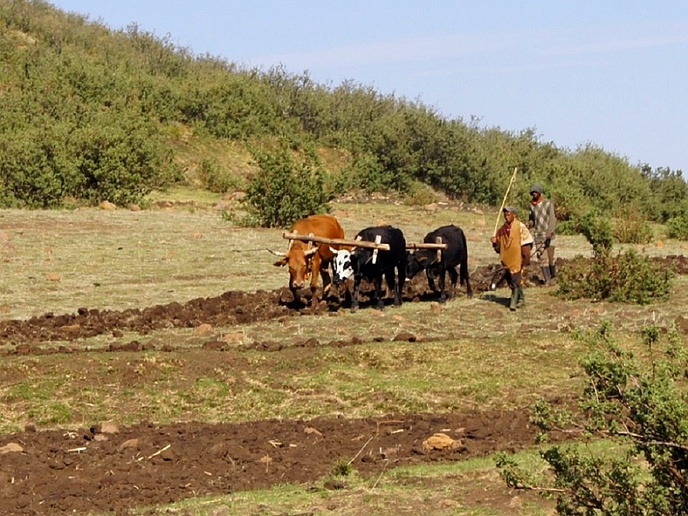WITH domestic industries expressing concerns about informal cross border trade between Lesotho and South Africa, our Government should make efforts towards ensuring that the trade does not threaten local and well regulated industries.
comments
Oct. 14, 2021
EDITOR
2 min read
Domestic industries apprehensive about hazards posed by informal cross border trade

Story highlights
Informal cross border traders involve all economic activities by workers or economic units that are in law or practice not covered or sufficiently covered by formal arrangements operating in two or more countries.
It includes legitimately produced goods and services that do not necessarily follow formal processes such as standards, regulations and business registrations or operational licenses.
Informal cross border trade has shown that it can be detrimental with fake goods usually sold at relatively cheaper costs, which have not gone through the normal processes of import taxes.
And there is no doubt that such items will be sold a whole lot cheaper than similar goods produced locally.
Some local economic experts are now pushing for the Government to formalise the informal sector in order to allow for easier cross border trade but others are saying the sector should just as well be monitored to avoid any indiscretions.
The best way to deal with this ongoing debate is for the Government to urgently formalise the trade for more enhanced economic output.
If well-articulated, formalising the trade will definitely contribute towards creating better employment opportunities as well as increased revenue collection.
The country has been struggling to collect more revenues in recent years, particularly now with the impacts of the COVID-19 pandemic likely to last for many more years to come.
Revenues from the Southern African Customs Unions (SACU), the customs union among five countries of Southern Africa: Botswana, Eswatini, Lesotho, Namibia and South Africa on the other hand have also been declining drastically, posing an even major risk on already depleted Government coffers.
Furthermore, the formalisation should however, be carried out in a manner that will accommodate and not threaten players in the informal sector.
Enjoy our daily newsletter from today
Access exclusive newsletters, along with previews of new media releases.
The Government should gradually implement policies that would level the playing field for this to happen. Industry players should be involved when formulating such policies to avoid any unnecessary inconveniences.
Failure to do this would mean more struggles for the country for many more years to come. The Lesotho Revenue Authority (LRA) might find itself being forced to impose harsh regulations that might prove to be injurious on some local industries that are already been hard hit by the pandemic.
Gradual implementation of policies on the other hand would make players in the informal sector feel comfortable and well recognised by the Government and as a result feel free to participate towards ensuring that they all do away with informal cross border trading.
Tailored for you






